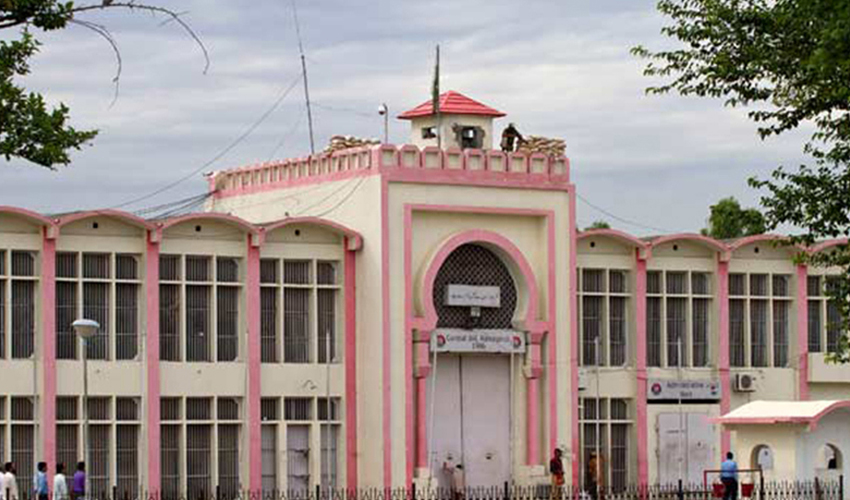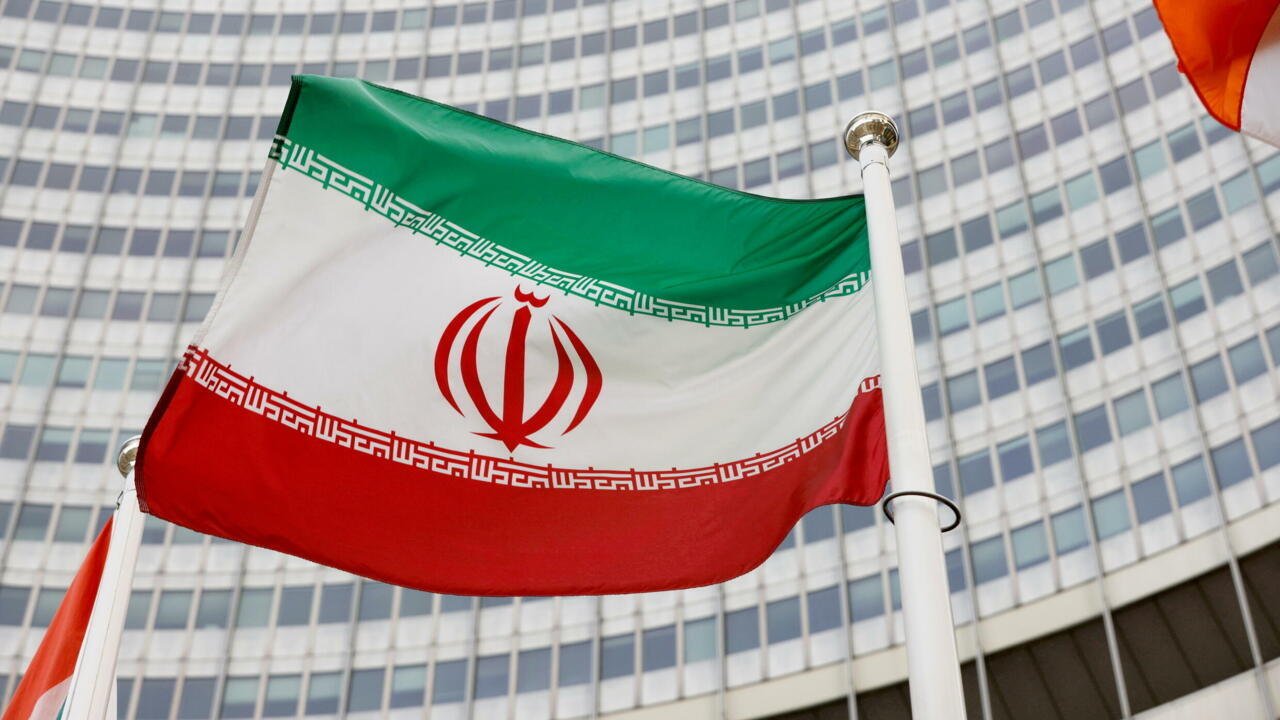Mudassir Rizwan
The recent decision by the government to increase the number of judges in the Supreme Court from 17 to 23 marks a significant advancement in the ongoing struggle to alleviate the substantial backlog of cases that has long plagued the judicial system. This strategic initiative is set to be presented in the National Assembly during its session on Friday, following persistent calls from the legal community for a bolstered judiciary capable of meeting the demands placed upon it. The enormity of the situation cannot be understated, as the Supreme Court currently has a staggering 59,191 pending cases. This figure not only highlights the pressing need for reform within the judicial framework but also underscores the broader implications for justice delivery across all levels of the judiciary, including both high and lower courts.
The conversation on this critical issue gained traction during the first full-court meeting convened by Chief Justice of Pakistan, Yahya Afridi. Here, members engaged in comprehensive discussions aimed at reducing the existing backlog and enhancing the overall efficiency of judicial processes. Chief Justice Afridi has garnered respect for his reputation of non-partisanship and commitment to judicial integrity. His immediate focus on these pivotal matters has injected a sense of optimism within the legal community and the public at large. Moreover, the judiciary’s proactive approach to improving case management directly correlates with previous government discussions concerning the establishment of a federal constitutional court, reinforcing the importance of effective case resolution within the legal system.
Despite the positive strides being made, speculation surrounding the introduction of a potential 27th Amendment, purportedly linked to judicial matters, has arisen following the passage of the 26th Amendment. The government has been swift to dispel these rumors, with informed sources suggesting that the forthcoming amendment may instead focus on long-standing demands pertaining to provincial rights and local governance. However, it’s important to note that any future amendment, including the 27th, could have significant implications for the judicial system. Political observers have wisely cautioned against igniting new controversies surrounding judiciary-related topics, especially in light of the recent strains observed between the executive and the judiciary. The appointments and actions surrounding Chief Justice Afridi, along with the enactment of the 26th Amendment, suggest an emerging chapter in the dynamics of judicial-executive relations; thus, it is crucial for the government to tread carefully before introducing any contentious issues at this juncture.
In parallel with these developments, attention has also been drawn to the government’s intent to enhance governance and economic stability, particularly in light of recent signs indicating an economic recovery. The recent release of Bushra Bibi, the wife of the PTI chairman Imran Khan, has been viewed by some analysts as a potentially stabilizing force in the political arena. The government appears to be negotiating a delicate balance, aiming to allow the PTI to maintain a governing presence in Khyber Pakhtunkhwa while taking on an opposition role at the federal level and within Punjab province. The efficacy of this strategy heavily depends on the leadership of Imran Khan and the political positioning of the PTI over the forthcoming weeks.
History has taught us important lessons about the consequences of entrenched power struggles, which often hinder national progress and reform. It is imperative for the government to redirect its efforts toward strengthening democratic institutions and ensuring that they operate independently, without unnecessary external interference. As the nation experiences tentative economic gains, it is crucial to translate these improvements into significant benefits for the everyday lives of its citizens. Establishing a stable political and economic environment is essential for confronting broader challenges, including poverty alleviation and infrastructure development.
For this reason, the government’s focus must steer clear of entanglement in new political conflicts that threaten to unravel the progress that has been made. Instead of courting strife, prioritizing stability should be the guiding principle in forging a path that genuinely serves the nation’s best interests. This approach not only ensures a peaceful and conducive environment for governance but also fosters public trust and confidence in the government’s ability to deliver on its promises. Ensuring that institutions function effectively while advocating for reform that brings meaningful and lasting change should take precedence. A government committed to placing the public interest above all other considerations can usher in a period of rejuvenation for the country, paving the way for a robust and equitable society.
Only through a steadfast commitment to these principles can the government hope to reconcile the primary challenges it faces. As the Supreme Court gears up for a potential inflow of new judges, the opportunity to revitalize public trust in the judicial system looms large. A judiciary empowered to address the backlog, coupled with a politically stable environment, can significantly enhance the government’s effectiveness in serving its citizens. The ongoing cooperation between the judiciary and executive branches is crucial to fostering a transparent and accountable governance framework that is capable of delivering justice efficiently and effectively.
In conclusion, the decision to increase the Supreme Court bench is not merely an administrative adjustment; it is a crucial building block for reform in Pakistan’s judicial system. It signifies a broader commitment to tackling systemic issues while striving to cultivate an environment of trust and collaboration among political entities. By focusing on essential governance and economic stability along with judicial improvements, the government can set a precedent that prioritizes the welfare of its citizens, ultimately leading to a more prosperous and unified nation. This poised approach is not just about resolving immediate concerns; it is about laying a robust foundation for future generations to thrive under a resilient judicial and political system.
















